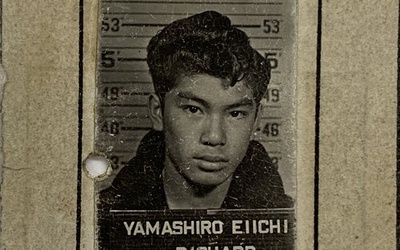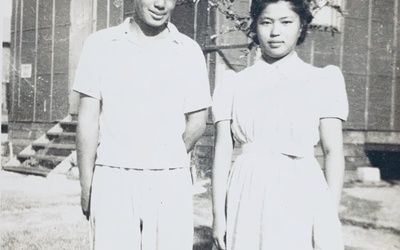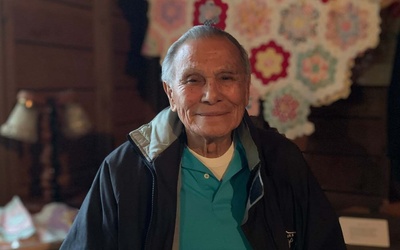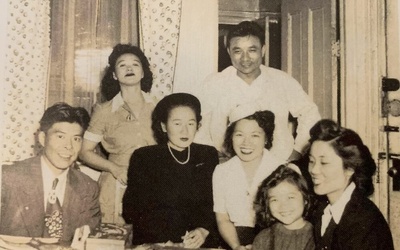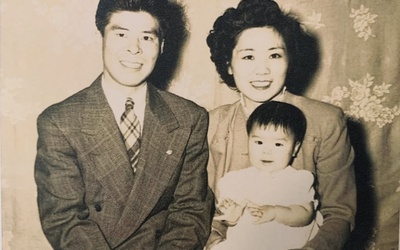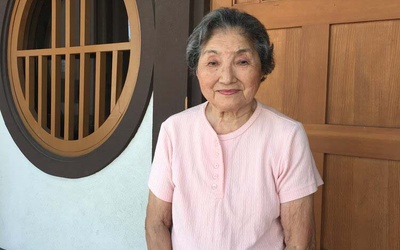Tessaku
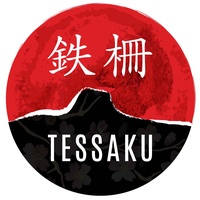
Tessaku was the name of a short-lived magazine published at the Tule Lake concentration camp during World War II. It also means “barbed wire.” This series brings to light stories of the Japanese American internment, illuminating those that haven’t been told with intimate and honest conversation. Tessaku brings the consequences of racial hysteria to the foreground, as we enter into a cultural and political era where lessons of the past must be remembered.
Stories from this series
Richard Yamashiro - Part 3
May 25, 2020 • Emiko Tsuchida
Read Part 2 >> So actually, just to backtrack a little bit. When you actually left Manzanar to Tule Lake, how did you get there? Did they put you on a train? Yeah we got on a train. I guess a lot of people were happy, I wasn’t too happy. Tule Lake is horrible. You ever see Tule Lake? Compared to Manzanar? It was horrible because Tule Lake was a dried out lake bed. No soil in there at all it’s …
Richard Yamashiro - Part 2
May 18, 2020 • Emiko Tsuchida
Read Part 1 >> Can we get your parents names and then your sister’s name? My mother’s name was Tomiko. And my father’s name was Eiro. My sister’s name was Lillian, Yoshiko. It’s another thing. My mom when she registered me for school it was my Japanese name. My English name wasn’t even included. Yeah so all through my childhood, I was Eiichi Yamashiro. And try to go to school and have the teacher call the roll. MS (Michael Sera): …
Richard Yamashiro - Part 1
May 11, 2020 • Emiko Tsuchida
“My dad had to get rid of his business. I think that was really hard for him ‘cause he worked so hard. I didn’t realize this until I was much older but that was the hardest thing for him. And that made him kind of bitter, too.” — Richard Yamashiro Getting to speak with Richard Yamashiro is a remarkable experience. At 91 years young, Richard still works a job and has the energy and spunk of someone twenty years his …
Shizuko Yamauchi - Part 2
Feb. 19, 2020 • Emiko Tsuchida
Read Part 1 >> Can you talk about meeting your husband? Did you meet him in Cleveland? Shizuko Yamauchi (SY): No. He was in the service. Nancy Dodd (ND): He was in the 442. SY: Well we had a boarding house, so if they had any leave they would come and stay overnight and go back to the—wherever. So that’s how he came to— So you knew him from San Luis Obispo. Were you corresponding all throughout the war? SY: …
Shizuko Yamauchi - Part 1
Feb. 18, 2020 • Emiko Tsuchida
“All I saw was cots and there were bales of hay or something, straw, that we were supposed to fill the mattress like, for our mattress. That I remember. We just took it, couldn’t be helped, you know. No point in complaining. ” — Shizuko Yamauchi In the spring of 2019, I was asked to conduct an oral history interview by the daughter of someone who had been in camp at Poston. It was a normal enough request, with one …
Rose Tsunekawa - Part 2
Jan. 9, 2020 • Emiko Tsuchida
Read Part 1 >> Now when you started, it was 1942 by this point and the war between the U.S. and Japan was official. Did you experience any backlash being an American? No, not too much. But I had to get used to the cold. The winters were really cold. And we didn’t have that kind of jackets or overcoats. Salinas was quite foggy and cool but not like the winters in Japan. And it was hard to buy anything …

